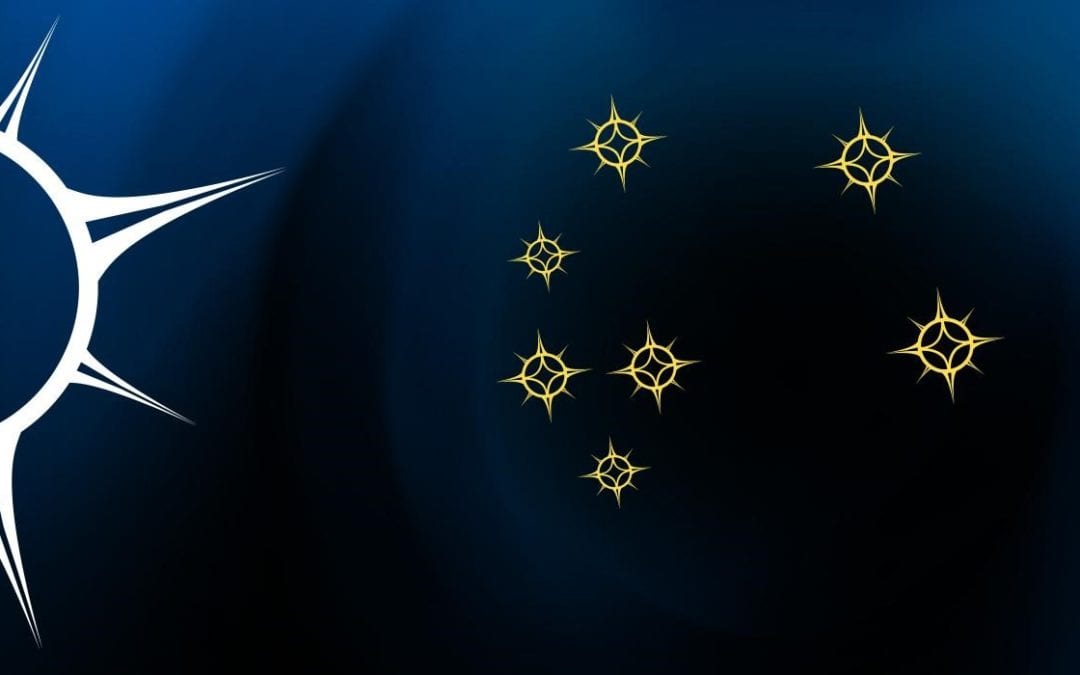Tēnā koutou katoa e te whanau.
This Sunday, we celebrate Matariki, Aotearoa’s new year. Many Pākehā now join Māori in celebrations that evolved in our homeland, our hemisphere, and it’s a wonderful opportunity for those of us with ancestral roots in other lands to think about our own whakapapa, our tūrangawaewae, our relationships—past and future—with the first peoples of this land.
Recently I’ve been wondering about my family history and ancestors, leading me to ask, “Where is my place? Who are my people?”
Last Sunday Fiona McDougal spoke eloquently on the whakapapa of Abraham, Isaac and Jacob, and the importance our forebears have in our lives.
Since hearing Norman Habel’s presentation at last year’s Common Dreams Conference, I’ve reflected on his interpretation of the Abraham story: how he and Sarah moved to the land of the Canaanites and adopted their God(s)—and comparing it with our colonial predecessors’ behaviour in new lands.
I’ve been challenged and moved by Debra Hunt’s article in E-Tangata. A young Pākehā woman and 4th generation New Zealander, her te reo Māori teachers challenged her to “go further back” when creating her Pepeha, the traditional introduction which explains where you come from. Her conclusions are confronting and powerful. I’d encourage you to read the article here.
Research into my ancestors produced a surprise: a direct link to the founders of the “Scotch Kirk” that became St Andrew’s on The Terrace! My great-great-grandparents, James and Jean Gilbert and children came to New Zealand on ”The Bengal Merchant”. Later, three of the Gilbert children married three Howell family siblings, who arrived on “The Lord William Bentinck” around the same time.
My heritage is to move about, to adapt, to modify, to share knowledge, to survive in strange lands and respect individual achievement over family hierarchy. It’s essentially different to what I understand of Māoritanga. I have no ties to my birthplace; my meaningful relationships are with whanau of choice rather than family of blood.
Can anything from my settler heritage and Celtic ancestry connect me, not intellectually but in a heartfelt way, to the colonised experience of Tangata Whenua, and the whenua of Aotearoa? As Tangata Tiriti, and as inclusive Christians, we need to sit with the differences, with Pākehā cringe at the exclusive-sounding “my people”, with the discomfort… and listen.
Ngā manaakitanga nā Bronwyn
To view the full e-news click on this link : https://mailchi.mp/31c2af4dc9ae/this-weeks-newsletter-from-st-andrews-on-the-terrace-3879333


